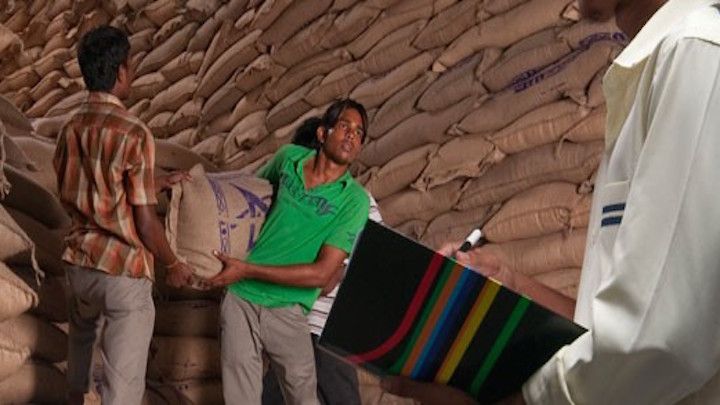Maldives wholesaler allays fears after India slashes exports
India’s reduction of the quota allocations of staple foodstuff to the Maldives sparked fears of price hikes.

24 Jun 2018, 09:00
The State Trading Organisation sought to assure the public Saturday that staple food prices will not soar after India drastically reduced quota allocations to the Maldives.
In line with a 1981 bilateral trade deal, India annually fixes the quantities of potatoes, onions, rice, wheat flour, sugar, pulses and eggs allocated for export to the Maldives without any restrictions.
Last Wednesday, India reduced the quotas by nearly 100 percent “based on the average utilisation by the Maldives in the last three years,” government sources told The Wire.
The sugar quota was cut 97 percent whilst the allocation of wheat flour was slashed 98.4 percent to 946.21 metric tonnes.
Become a member
Get full access to our archive and personalise your experience.
Already a member?
Discussion
No comments yet. Be the first to share your thoughts!
No comments yet. Be the first to join the conversation!
Join the Conversation
Sign in to share your thoughts under an alias and take part in the discussion. Independent journalism thrives on open, respectful debate — your voice matters.




